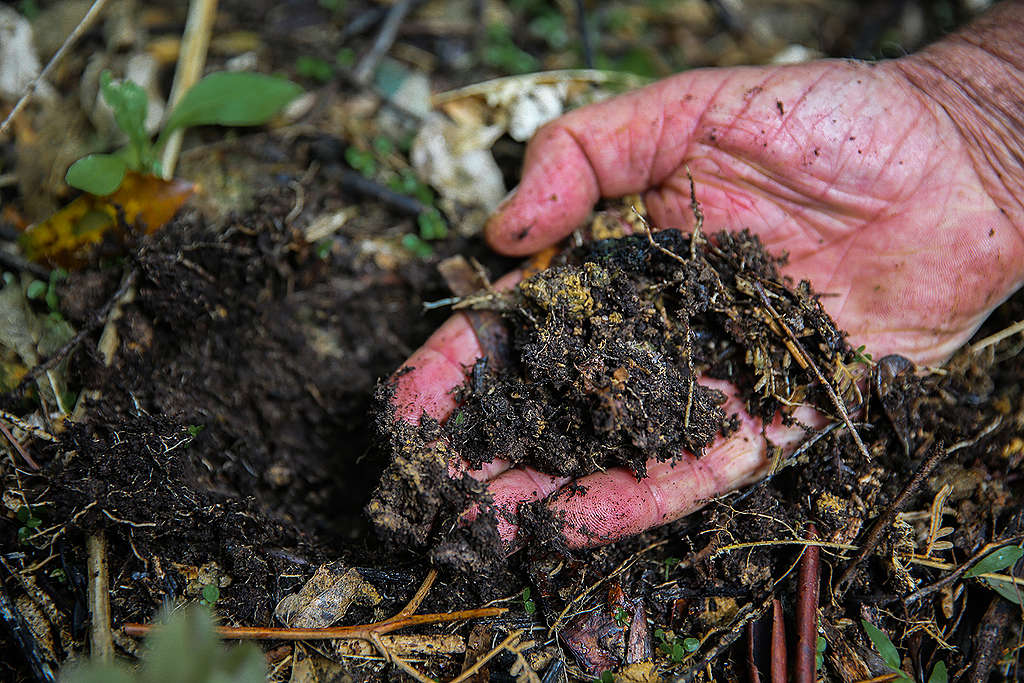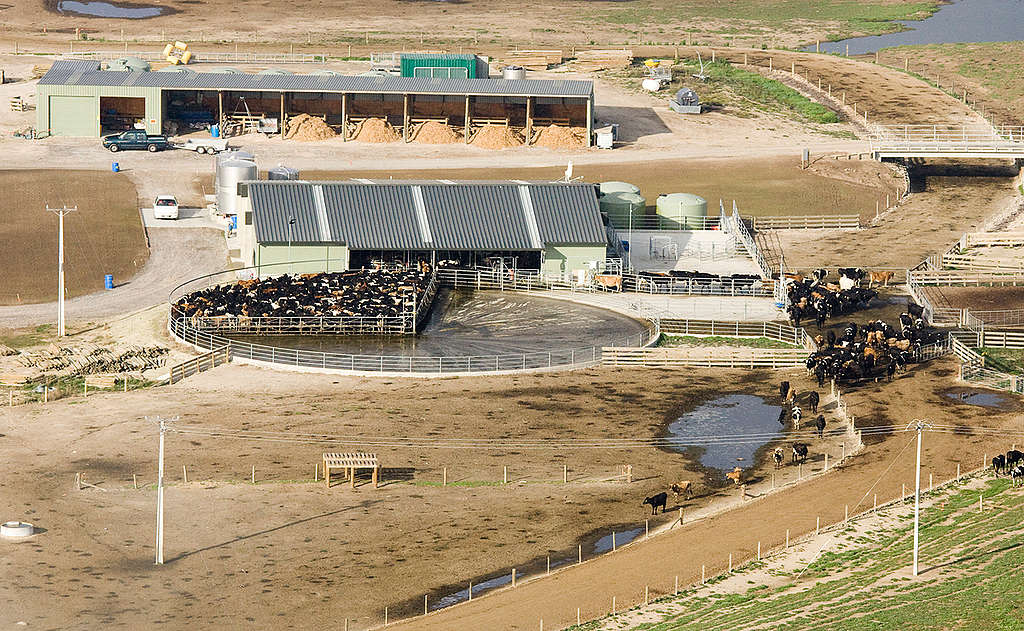Why is it that no-one can talk frankly about New Zealand’s dairy industry and the climate crisis? It seems to be out of bounds, like some embarrassing aunty at the Christmas dinner table. Don’t make eye contact. Don’t give her a way in. If no-one engages Aunty Karen in conversation Christmas will be saved and we can all go home happy.
Wildfires are tearing through our backyard, which climate scientists say will only increase with global warming. Hot on the heels of the wildfires in California and Brazil, we’ve seen Aussie-style bushfires break out in the Mackenzie country.
The Federated Farmers are blaming the Department of Conservation for not letting them graze livestock on conservation land. But don’t dare mention that fires are predicated on weather conditions and agriculture is New Zealand’s biggest climate polluter. So they’re kind of … inextricably linked.
Fire and Emergency chief executive Rhys Jones has urged local councils and all Kiwis to prepare for more frequent and intense wildfires as the climate crisis intensifies. But the government’s failure to act on industrial dairying’s climate pollution is throwing fuel on the ongoing blaze which is the climate emergency
Perhaps we shouldn’t be surprised, looking at who’s in the ear of politicians. The Federated Farmers’ bizarre response to the Mackenzie fires is eerily familiar. Australia’s unprecedented Black Summer fires of 2019 and 2020, which blazed their way through 18.6 million hectares of bush, spurred lobby groups for polluting industries into desperately trying to blame the fires on environmental protection.
Talking about how industrial dairying is fuelling the climate crisis is tantamount to talking to Aunty Karen. And you know the rules: we don’t do that.
What the major parties are saying on climate and agriculture
From the fireworks sparking at the most recent Leaders’ Debate, you’d be forgiven for thinking that the heads of our two major political parties have strong and wildly opposing positions on solving the climate crisis.
Collins hid behind the tired excuse that New Zealand is too small to make a difference, conveniently ignoring that we’re the biggest exporter of dairy products in the world. It doesn’t take a genius to realise that what New Zealand politicians decide to do about dairy will influence the livestock industry worldwide.
Ardern on the other hand claimed we’re already “leading the world” on reducing emissions, painting over the fact that we rank very poorly alongside comparable nations like the UK when it comes to climate action. By the way New Zealand still has the fifth highest emissions per person in the world.
Despite promises of a “nuclear-free moment”, the only thing that Labour has committed to do about New Zealand’s biggest climate polluter is to make farm planning a bit more streamlined. Just after the Debate they also announced some spare change (another $6 million) for research.
Underwhelmed? At Greenpeace we found ourselves digging through the factsheets looking for more, asking “is this it?”
National, on the other hand, has pledged to roll back or weaken the few climate protections already in place, like the Emissions Trading Scheme, the Zero Carbon Act and the new freshwater nitrate regulations that Collins promised would be “gone by lunchtime”.
It takes courage and a certain humility to speak honestly about the fact that we have too many cows. It takes vision and ambition to develop a plan that will transform our agriculture sector in line with both the climate science and what global markets want from us.
Which party will take action for climate?
With our two major parties hiding behind climate denial on the one hand, and empty marketing on the other, who is going to stand up for the climate? Who is going to make sure that the wildfires that have raged across the Mackenzie this spring don’t become a regular occurrence?
So far, both the Greens and the Māori Party have made strong pledges on agriculture. They include commitments to phase down synthetic nitrogen fertiliser and finance to support farmers in the switch to regenerative farming.

But, as minor parties, it all comes down to what they would be able to negotiate with a larger coalition partner.
We’ve seen the Greens back down before, most recently capitulating to industry on their promise to bring agriculture into the Emissions Trading Scheme. The Greens cannot afford to betray their voters on regulating agriculture for another term. And the environment cannot afford another three years of complacency about New Zealand’s biggest climate polluter.
If the Greens or the Māori Party find themselves in the negotiating chair 10 days from now, regulating agricultural emissions will need to be a bottom line. Specifically they must commit to phase out synthetic nitrogen fertiliser by 2024 and introduce a $1 billion regenerative farming fund. Anything less risks committing us to a fiery future.

As we recover from Covid-19, Election 2020 offers us a unique opportunity for change. Let’s call on the political parties to take climate action on industrial dairying.
